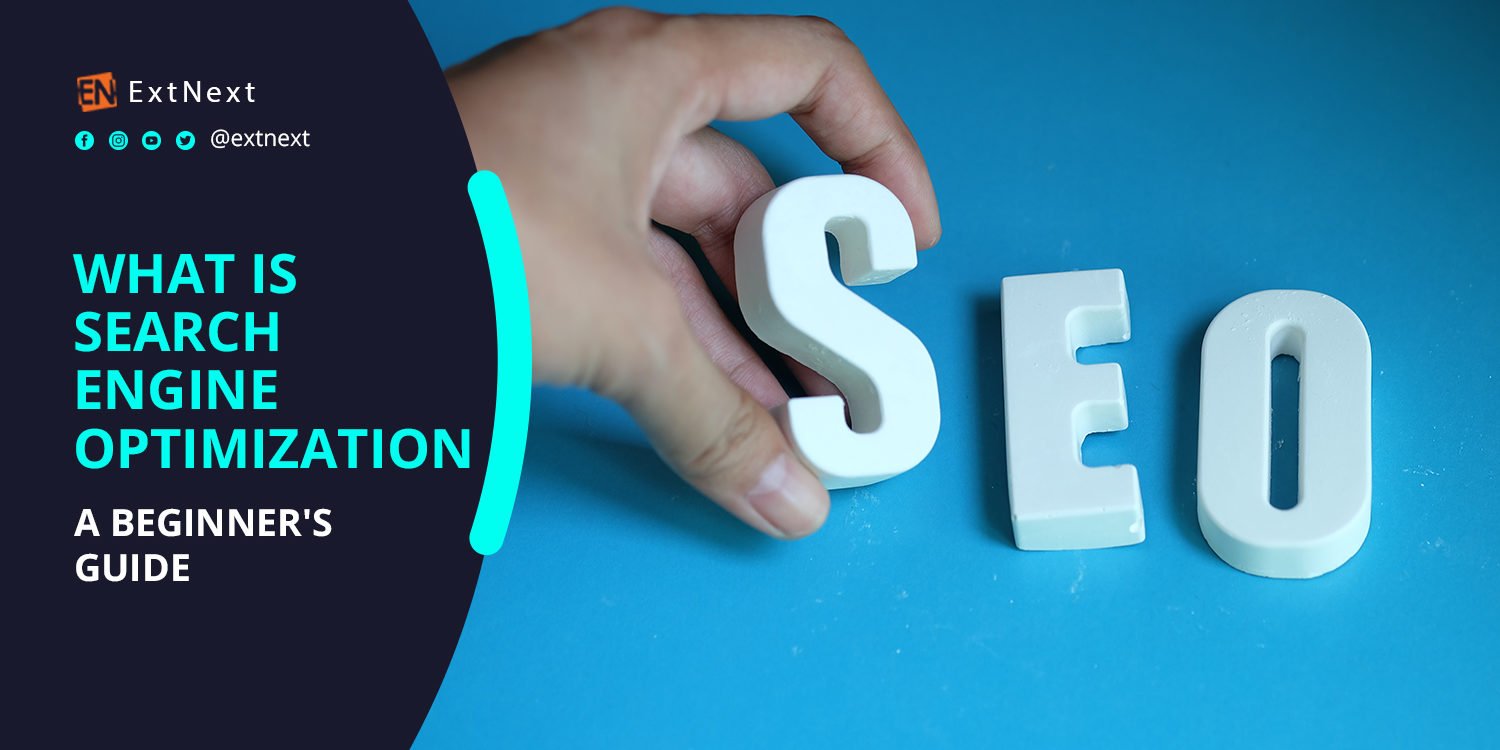SEO, an acronym for Search Engine Optimization, is a set of strategies adopted to generate organic traffic to your website. From there, you will be at the top of search results and will be much more likely to receive visitors, convert them into leads, and, in the future, into customers.
Most people, when doing a search on a search engine, don’t go past the second page of results – dare we say they are held back in the top five results! Therefore, having a strategy that makes your company one of the first results – and even better, without spending on ads – is a strategy that can make a difference in the results of your business.
What is SEO?
SEO, then, is a set of techniques used to make your website appear among the first organic search results of search engines, such as Google for example. To this end, some strategies are used such as content marketing, the use of the appropriate keywords, and technical SEO, such as optimization in the code of your website.
When creating a page on the internet, Google will index the content and make it available to users who use it in their daily searches. Therefore, knowing the Google algorithm and delivering the information as clearly as possible makes a difference when reaching your user.
However, that alone is not necessary. With each algorithm update, Google seeks to make the search as human as possible. So, keep in mind that the content to be posted on your website is for your customer and potential lead, and not just for the algorithm to find you.
Be careful not to confuse SEO with SEM which, despite the acronym being similar, mean different strategies. While SEO is based on organic traffic, SEM, or Search Engine Marketing, encompasses a set of marketing techniques to generate traffic to your website, including ads and paid media.
What are the main ranking factors?
Although Google doesn’t disclose the ranking factors they use, a lot of research has been done to try to find out at least the main ones. In addition, the SEO strategist and content creator, when creating their strategies to rank better on Google, ends up understanding how some indexes work.
We can define, in a general way, that the Google ranking factors are divided into three groups:
- SEO On Page,
- Page SEO and
- Technical SEO.
On-Page SEO
On-Page SEO means content that you can edit on your own page. Factors such as:
- Contents;
- Title;
- Meta description;
- Heading Tags / Subtitles;
- Images;
- URLs.
The more original and quality your content, the higher priority your site will receive. In addition, larger contents are considered less superficial and with more depth on a given topic. Don’t skimp on words!
Another point of attention in the On-Page strategy is that the keyword must appear both in the title (Tag Title) and in the first 100 words of your content, in addition to alternating it between the subtitles. However, do not overdo the number of keywords. Google will understand that it is “forced” and you may lose some points in the ranking index.
Off-Page SEO
On the other hand, Off Page SEO consists of finding out if your website is an authority on the subject, that is if other websites show that you are a reference through backlinks (external links that point to your page).
Some indicators are:
- Quantity, diversity, and contexts of backlinks;
- Social signals;
- Brand mentions;
- Interviews with experts;
- Direct searches.
That is, if other people are talking about you, whether on social media or on their website, Google understands that you are an authority on the subject. In addition, if the page receives many visits from the direct search, the search engine understands that the brand is important, as its name is remembered directly – without having to reach it through searches through other means.
Technical SEO
Technical SEO is responsible for the structure of the website. That is, it is responsible for the optimizations made in the codes and architecture of the website. Some elements that are configured in this strategy are:
- sitemap;
- Robots.txt;
- User Experience;
- Loading speed;
- Mobile First Index;
- AMPs;
- SEO Audits.
Do tests to check the page load speed, because the lighter and faster it is. The better it will rank. The page design is also very important and make sure it is responsive, as Google prioritizes sites that are mobile-friendly.
Technical SEO is closely linked to On-Page SEO. As both are strategies that can easily modify through you or your agency.
Thanks for reading this article by ExtNext, hope you will learn something about Search Engine Optimization.







